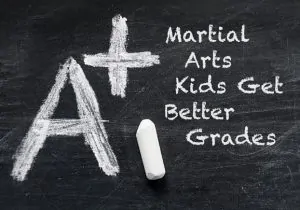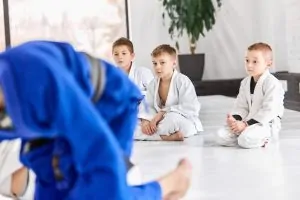karate

January 10, 2025
Why Martial Arts Is the Best Investment in Your Child’s Future (And It’s Not Just Kicks and Punches!)
As parents, we all want to give our kids the best tools to succeed in life. But here’s a question for you:…

August 1, 2023
Martial Arts Boost Grades!
Engaging in martial arts can positively impact a child’s academic performance in several ways. While it might not be a direct cause-and-effect…

July 26, 2023
Brazilian Jiu-Jitsu: Empowering Self-Defense through Technique and Strategy
In a world where personal safety is of paramount importance, Brazilian Jiu-Jitsu (BJJ) has emerged as a highly effective self-defense system. Originating…
January 20, 2020
Standing Practice to Ground Work
https://youtu.be/T5M-ryUSbBM Joe and Jay doing a little randori on Friday night! Randori is a term used in Japanese martial arts to…